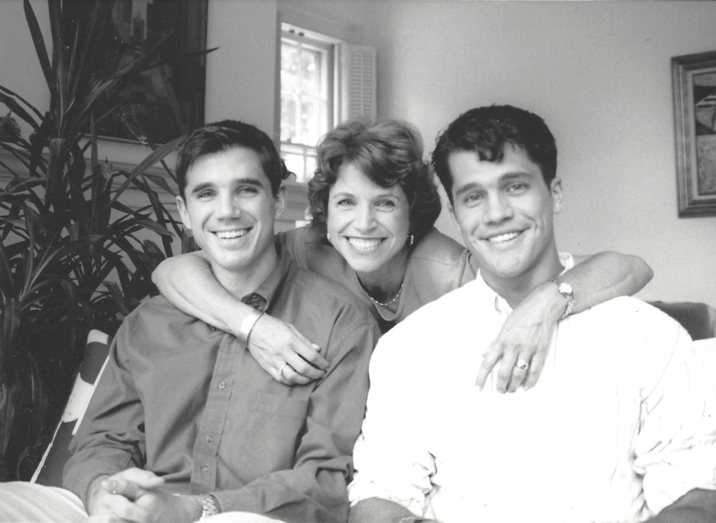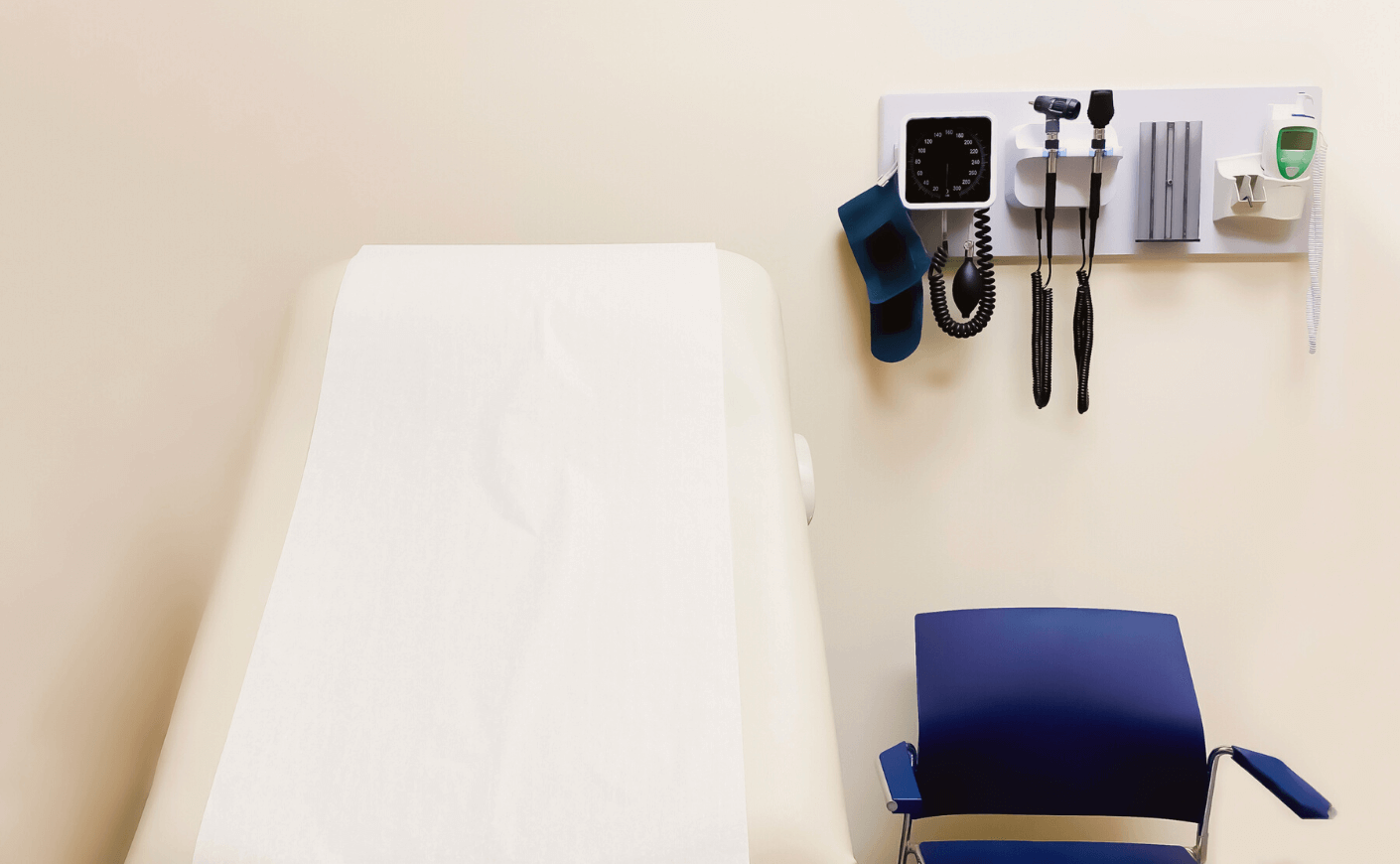Katie’s nephew, Raymond Wadlow, MD, is co-director of the Gastrointestinal Oncology Research program at the Inova Schar Cancer Institute in Fairfax, VA. Here, he talks about how losing his mother Emily — Katie’s beloved sister — to pancreatic cancer inspired his life path, and the message everyone needs to hear when it comes to cancer screenings.
Tuesday, October 18th marked the 21st anniversary of my mother Emily Couric’s death from pancreatic cancer at only 54 years of age. Emily was in the prime of her professional life, having been elected to her second term in the Virginia state senate where she worked tirelessly on behalf of her constituents to pass laws including the bill that made Virginia the first state to require insurance companies to pay for colon cancer screening. She’s the reason I chose to become an oncologist, and her legacy serves as motivation for my own work promoting cancer screening.

With that in mind, I’d like to offer my own take on last week’s headlines questioning the importance of colonoscopies as a cancer screening test that saves lives. Yes, a recent study of nearly 85,000 people in four European countries (known as the NordICC study) concluded that people between the ages of 55 and 64 who were offered a colonoscopy had a similar likelihood of dying from colon cancer as did those not offered the procedure, and the risk of being diagnosed with colon cancer was reduced by a disappointingly small 18%. But there are several reasons why the latest results shouldn’t tempt you to postpone colon cancer screening if you’re 45 or older (or if you’re younger and your doctor recommends it):
•The study randomly assigned people to “usual care” in these countries (no screening) or “an invitation” to undergo a screening colonoscopy, and the results compared the people in the two groups. But only 42% of the people who received the invitation showed up for the party, I mean the colonoscopy! The study authors were attempting to create a real-world scenario and avoid bias by analyzing the entire invitation group, but it doesn’t take a statistician to realize that the invitation alone can’t detect cancer (and an invitation isn’t quite a recommendation, right?). In fact, when the analysis was restricted to the people that had a colonoscopy, the risk of a colon cancer diagnosis fell by 31% and the risk of dying from colon cancer fell by 50%.
•The people in the NordICC study underwent colonoscopies between 2009 and 2014 and have been followed by the study authors for an average of ten years. But colon cancer often develops from pre-cancerous polyps over more than a decade, so additional time may be required to realize the full number of lives saved. The authors plan to update us in another five years.
•A colonoscopy is a procedure that requires training and practice (thankfully!) and there are quality standards that have been developed over the years. For example, a doctor performing colonoscopies should detect pre-cancerous polyps at least 25% of the time (referred to as an acceptable “adenoma detection rate”). In the NordICC trial, 29% of the doctors had adenoma detection rates below 25%, suggesting that some cancers could have been missed.
•Most importantly, colonoscopy is only one strategy for colon cancer screening, with others including stool tests for microscopic bleeding and DNA shed from undiagnosed tumors in the colon (referred to as FIT testing and Cologuard®, respectively). Unlike colonoscopy, stool tests are completed at home. Every screening test has advantages and disadvantages that should be discussed between each person and their doctor. Although only colonoscopy allows the doctor to directly inspect the entire colon and remove polyps, it is an invasive test that requires a bowel preparation prior to the procedure and time off from work that can cause significant hardship for some people. Although it’s important to point out that a colonoscopy is necessary in the event of a positive stool test, most people who choose one of these tests will never need a colonoscopy. Guidelines from professional organizations including the Unites States Preventive Services Task Force, the American College of Gastroenterology, and the American Cancer Society emphasize that options are available, and that patients should be given a choice. Studies show that this is the best way to maximize the number of people screened. The best test is the one that gets done!
Colorectal cancer is the second leading cause of cancer deaths in the United States, killing approximately 53,000 Americans in 2022. Furthermore, it’s predicted to become the leading cause of cancer deaths for people between the ages of 20 and 49 by 2030, which led to the recent recommendation to begin screening at age 45 rather than waiting until 50 for people at average risk of the disease. Don’t risk your life by putting off screening!
Raymond Wadlow, MD is the co-director of the Gastrointestinal Oncology Research program at Inova Schar Cancer Institute in Fairfax, VA, and an assistant professor at the University of Virginia School of Medicine.









